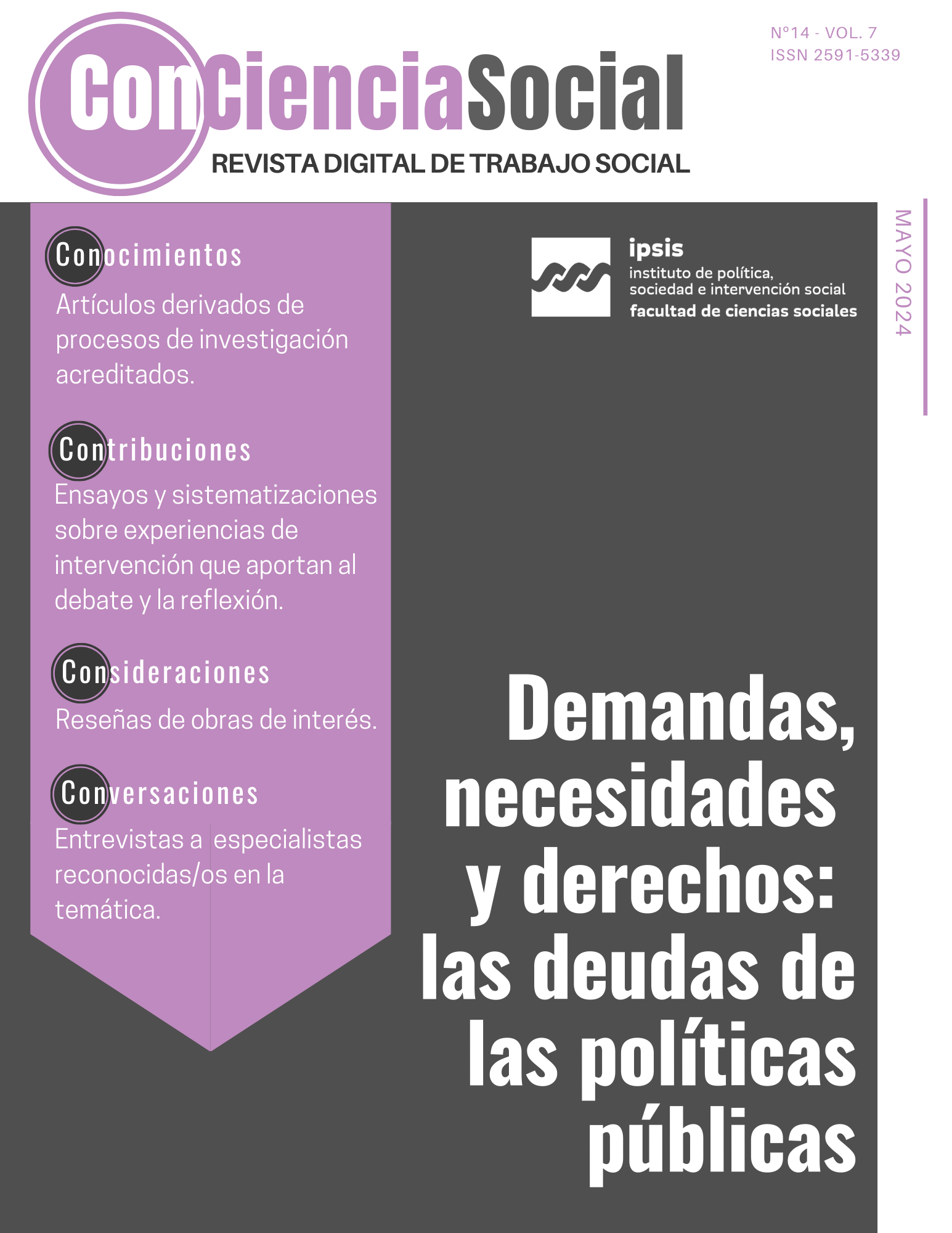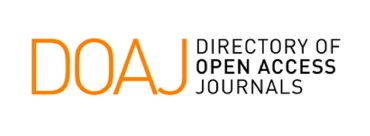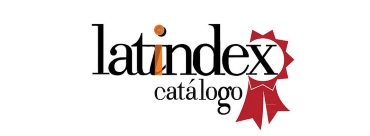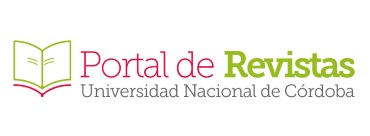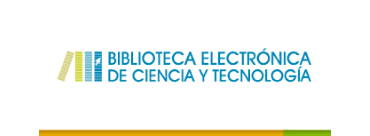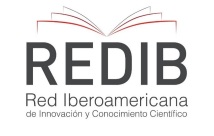Organization in the Community: Health Experiences in La Paz
Keywords:
organization, community, participation, empowerment, healthAbstract
Nicaragua is a country with an exemplary history in human development issues, based on the practical strategy of community organization. However, the effects of the implementation of neoliberal policies that the country experienced for seventeen years (1990-2006) are key to studying the practice of families and communities in these new times. This first effort has been carried out in Barrio México and the San Diego II region of the La Paz municipality of the Carazo department in the southern part of Nicaragua.
The research seeks to explore the experience of community organization around public health and identify guidelines for organizational work, the improvement of community actions based on the prevention of health problems and greater effectiveness in the protagonism on the part of the communities. Both the study and the proposal are based on participation and empowerment as key variables in community organization processes.
The study concludes that there are good community practices for health care. However, there are still limitations to deploying levels of community commitment, in which institutions, authorities and leadership play a relevant role to keep in mind.
Downloads
References
Asamblea Nacional (2003). Ley 475. Participación ciudadana. Managua.
Belmar Cerda, B. (1996). Una experiencia en educación rural, Universidad del Bio-Bio, Santiago de Chile. Recuperado de: https://www.fao.org/3/x5633s/x5633s08.htm
FAO (2008). Organización Comunitaria, Estelí, Nicaragua.
GRUN (2017). Ejes del Programa Nacional de desarrollo Humano 2018-2021, Managua. Recuperado de http://www.pndh.gob.ni/documentos/planesanteriores/03_PNDH_2017-2021(12dic2017).pdf
GRUN (2021). Plan Nacional de Lucha contra la Pobreza y para el Desarrollo Humano 2022-2026. Managua. Recuperado de https://www.pndh.gob.ni/documentos/pnlc-dh/PNCL-DH_2022-2026(19Jul21).pdf
Hernández, R., Fernández, C. y Baptista, P. (2010). Metodología de la investigación, México, McGraw-Hill.
López, R. (2022). Organización comunitaria para el cuido de la salud pública: experiencia de la comarca San Diego II y barrio México del Municipio La Paz del Departamento de Carazo (2020-2021). Recuperado de: https://repositorio.unan.edu.ni/18414/6/18414.pdf
Ministerio de Salud, MINSA. (2008). Marco Modelo de Atención en Salud Familiar y Comunitario, Gobierno de Nicaragua.
Montero, M. (2006). Teoría y práctica de la psicología comunitaria: La tensión entre comunidad y sociedad, 1ª ed. 3ª reimpresión, Buenos Aires, Argentina, Paidós.
Navarro, V. (2013). Concepto actual de la salud pública, Recuperado de: http//:ifdcsanluis-slu.infd.edu.ar/sitio/material-de-estudio-del-ano-013/upload/navarro.pdf
ONU, (2015). Objetivos de Desarrollo Sostenible, Recuperado de: https://nicaragua.unfpa.org/sites/
default/files/pub-pdf/ODS%20un%2032%20baja%20resolucion.pdf
Toledo, C. (2005). Fundamentos de salud pública, La Habana, Recuperado de: http://librodigital.
sangregorio.edu.ec/librosusgp/B0057.pdf
Downloads
Published
Issue
Section
License
Copyright (c) 2024 Ramón Ignacio López García

This work is licensed under a Creative Commons Attribution-ShareAlike 4.0 International License.
Aquellos autores/as que tengan publicaciones con esta revista, aceptan los términos siguientes:Los autores/as conservarán sus derechos de autor y garantizarán a la revista el derecho de primera publicación de su obra, el cuál estará simultáneamente sujeto a la Licencia de reconocimiento de Creative Commons que permite a terceros:
Compartir — copiar y redistribuir el material en cualquier medio o formato
Adaptar — remezclar, transformar y construir a partir del material para cualquier propósito, incluso comercialmente.
La licenciante no puede revocar estas libertades en tanto usted siga los términos de la licencia.Los autores/as podrán adoptar otros acuerdos de licencia no exclusiva de distribución de la versión de la obra publicada (p. ej.: depositarla en un archivo telemático institucional o publicarla en un volumen monográfico) siempre que se indique la publicación inicial en esta revista.
- Se permite y recomienda a los autores/as difundir su obra a través de Internet (p. ej.: en archivos telemáticos institucionales o en su página web) después del proceso de publicación, lo cual puede producir intercambios interesantes y aumentar las citas de la obra publicada. (Véase El efecto del acceso abierto).
Los derechos de explotación comercial (Copyrigth) quedan reservados para los autores.

